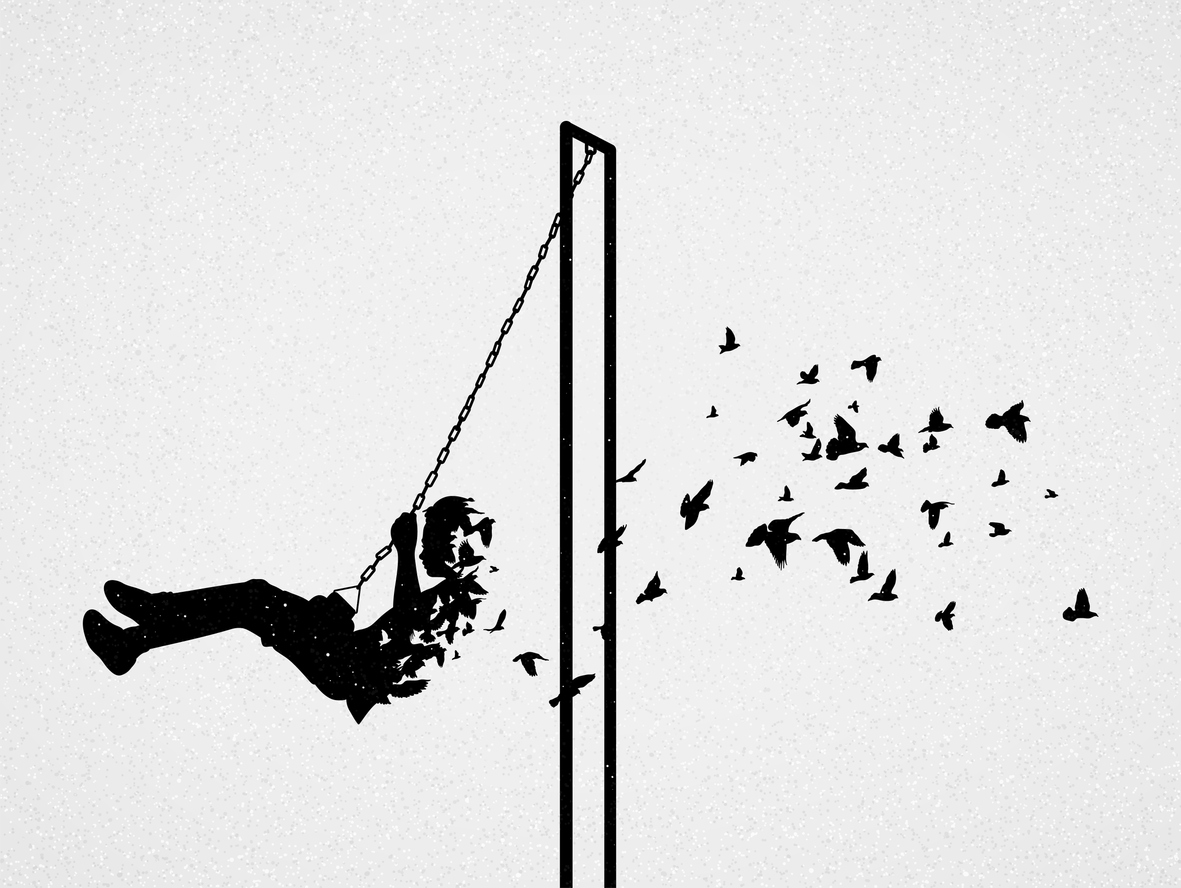
How to Use Praise
How to Use Praise to encourage the behaviours you’d like in your children
Parenting advice can be confusing – after all it keeps changing! For example it wasn’t that long ago that parents were encouraged to “break their children’s will” in order to ensure they were well behaved and would fit into society.
Less than 100 years ago parents were told never to hug or kiss their children. Strict discipline and minimal physical contact, unless for punishment, were the advice of the time.
We now know differently and understand that effective parenting is about parental warmth, building self-esteem and encouraging them through praise.
So how do you deliver praise that is effective and elicits the behaviours you’d like, but also doesn’t overdo it leaving your child with little sense of balance and reality?

Professor Matt Sanders is founder of the Triple P Positive Parenting Program and he has some advice:
We all enjoy being praised. And that’s why appropriate praise is one of the simplest ways to encourage good behaviour and help children learn new skills.
If you’re too busy to notice your kids, except if it’s to say “don’t” or “no”, children quickly learn that behaviour which upsets you is also the behaviour that gets them the most attention. In this way, parental attention, even if it’s negative, becomes a child’s “reward”.
It’s easy to find yourself falling into the above habit. The good news is, you can create a new reward for your children by making a point of noticing and praising them when they behave in a way you want to encourage.
Then if you do need to say “no” or “don’t” to problematic behaviour, remind yourself to follow up with a positive instruction. For example, if you have to say “No! Stop grabbing the cat’s tail!” follow up with “pat the cat like this”. A good rule of thumb is to try to deliver four positive comments to every negative (such as “stop”, “don’t”, or “no”). This requires an active effort on your part to create positive situations and learning interactions with your children, and to notice when they’re behaving well. It’s worth it, though, because this starts to create a cycle of good behaviour and praise.

Top tips for effective parental praise
Be specific. Rather than being vague, praise should accurately describe the behaviour you observed and liked. For example, rather than saying “that’s good” if your child has packed away their train set, you’d say, “thank-you for putting your toys away”. This kind of praise is clear, specific and enthusiastic, and it tells the child that what they’ve accomplished is both positive and appreciated. When a child receives praise they understand and enjoy, they’re more likely to repeat the behaviour in the future.
Be discerning. Don’t make your child so reliant on your praise that their willingness to do anything depends on it. Rather than always praising your child every time they pack up their toys, phase out the praise as your child becomes more skilled at the task you’re trying to encourage. Gradually, the praise becomes less predictable, the child becomes more accomplished, and the behaviour more routine.
Be genuine. Obviously you shouldn’t praise when it’s not due. Children will know when you’re not being genuine. And giving kids inflated praise, such as telling them their preschool painting is “incredibly amazing” can make some children afraid to try difficult or challenging tasks, just because they might not always succeed.
Be observant. Concentrate on effort, not results. This is more important than simply praising them for “succeeding” by external standards. Praising your child for trying something new, or for making an improvement, will motivate them to continue even when something is difficult to master. If you only notice what they failed to achieve (or achieved very easily), you’re not really teaching them the importance of effort and persistence.
Be a good role model. Behave in a way you’d like your children to imitate. Don’t say bad things about yourself and if someone praises you, don’t brush it off or disagree. Graciously accepting a compliment is a social skill kids need to learn. If they can’t handle receiving praise without being silly, embarrassed or acting up, they’ll be disadvantaged at school and later in life.
By following this advice you’ll help your children build their self-esteem, you’ll encourage the good behaviour you want and find it easier to deal with, and discourage, the bad behaviours.



